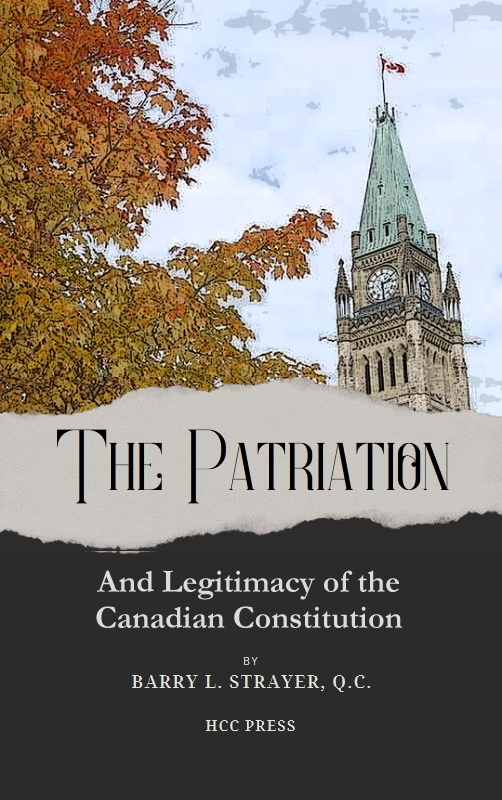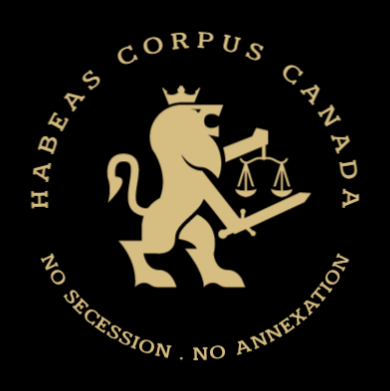The other main kind of criticism which has been raised about the legalities relate [sic] to the question of whether this patriation really is final. Admittedly, in undertaking patriation through the action of the United Kingdom Parliament we faced a certain logical dilemma. We were requesting this action from a sovereign parliament and, in conventional British constitutional theory, a sovereign parliament can do anything but bind itself or its successors. That is, it can never prevent itself from changing its mind, nor can it prevent future parliaments from undoing what it has done. It therefore was suggested in some quarters that we could never effectively terminate the legislative authority of the United Kingdom Parliament over Canada because when Westminster provided, as it did in section 2 of the Canada Act, that its future laws would not apply to Canada, it could not effectively prevent itself from repealing that section in the future and starting to make laws again for us.
This concern perhaps reflects a certain confusion which ran through much of the patriation piece — a confusion between domestic law and international law. We sometimes were asked, for example, how we could argue that the conventions developed in Canada concerning the amendment of the Canadian constitution were of no legal effect, and yet take the position that the United Kingdom could not legislate for Canada without our consent. While the issue never came to the fore in the litigation, it surfaced once in a while in rhetoric. Although the federal government has never had to take a position on this matter, it has always been my personal view that the relations between Canada and the United Kingdom are governed by international law and, in international law, practice and convention can develop into law whereas domestically they cannot. The conventions governing relations between countries of the Commonwealth, as they developed in practice and were partially confirmed in the Statute of Westminster, 1931, assumed the force of law. Thereafter, as a matter of international law, Canada could have disregarded legislation passed by the United Kingdom Parliament unless it was adopted in accordance with the requirements of that law. If I were obliged to make the argument as to the effect in international law of our recent request to the United Kingdom and as to its response through adoption of the Canada Act, 1982, I would say that it was confirmation of the final abandonment of legislative sovereignty over Canada, and evidence of an agreement between two sovereign countries which could not in the future be unilaterally ignored by one of them. In reaching this conclusion, I invoke the words of the Honourable Ivan Rand in his famous Oliver Wendell Holmes Lecture at Harvard in 1960 on “Some Aspects of Canadian Constitutionalism”. He referred to the conventions governing relations among Commonwealth countries and said that their legal force could not be less than this:

